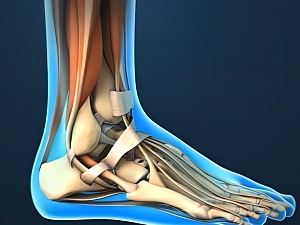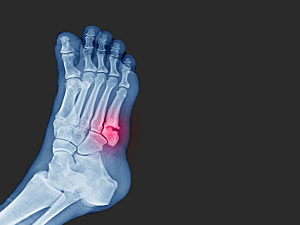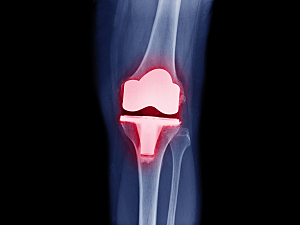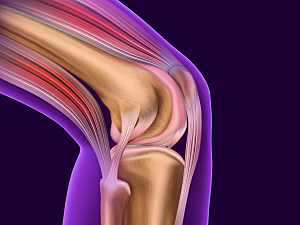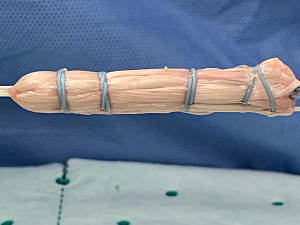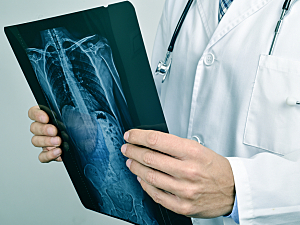Editorial: Meaningless Applications and Misguided Methodologies of AI-Related Research in Orthopedics

Prem N. Ramkumar, MD, MBA, of the Orthopaedic Machine Learning Laboratory at Brigham and Women’s Hospital, and colleagues want orthopedic surgeons to understand artificial intelligence (AI) better but critically assess AI-related reporting in the medical literature.
Read More...